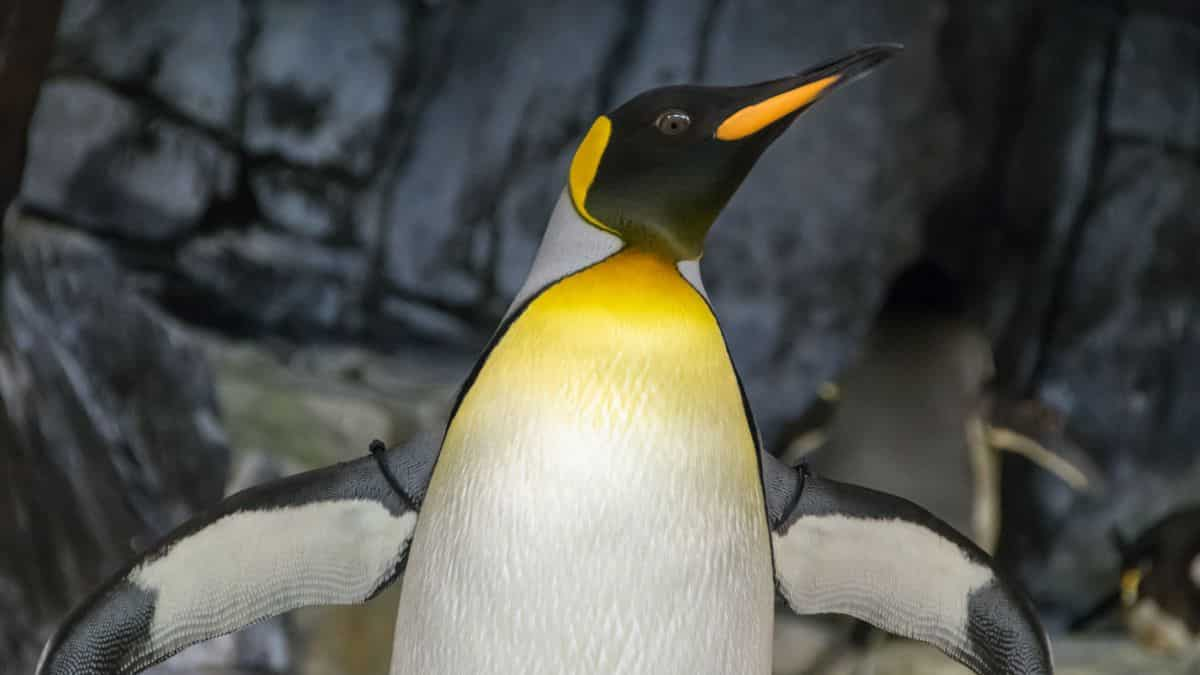Impact of Record-Low Sea Ice Levels on Emperor Penguin Chicks
A recent study conducted by the British Antarctic Survey revealed alarming findings regarding emperor penguin chick mortality due to the effects of global warming and shrinking sea ice.
Key Findings:
- Record-low sea ice levels in 2023 led to the second-worst year for emperor penguin chick mortality since observations began in 2018.
- Fourteen out of 66 penguin colonies were affected by early sea-ice loss in 2023, resulting in high levels of mortality.
- Both 2022 and 2023 witnessed the area of sea ice falling below two million square kilometers for the first time since satellite records began.
Breeding Challenges for Emperor Penguins
Emperor penguins breed on sea-ice platforms, with chicks hatching in the winter and reared until they develop waterproof feathers. However, early sea-ice melt poses a significant threat to the survival of the chicks, putting them at risk of drowning and freezing.
Adaptation and Movement
Some penguin colonies have shown resilience by moving to icebergs, ice shelves, or more stable sea ice in search of better conditions. While this adaptation offers hope, it is considered a temporary solution as penguins have limited options for relocation.
Long-Term Implications
The study warns of long-term implications for the emperor penguin population if greenhouse gas emissions continue at current levels. It is projected that the penguin population could decline by 99 percent by the end of the century if immediate action is not taken to reduce emissions and mitigate the effects of climate change.
















































